Wood waste recycling is a big part of ensuring your business waste is well-managed. Much like other types of waste recycling, there are rules and regulations that must be followed when recycling wood waste. From sorting different types of wood waste, to understanding the best ways for recycling such waste. These dos and don’ts have been explained to give you the right information and guidance when it comes to recycling your wood waste.
How you should handle wood waste
Do understand the difference between various grades of wood and know how these should be segregated in order to be recycled.
Do consider changes in the laws and regulations regarding wood waste disposal for the construction and demolition industries. If you regularly deal with wood waste, it is incredibly important that you familiarise yourself with the law, not only to adhere to it but to be sure your wood waste is being properly disposed of and recycled efficiently.
Current changes to the law from the Environment Agency have outlined that certain wood waste from the demolition of pre-2007 structures must be classed as Grade D waste and should be handled accordingly. Such types of wood will include the likes of telegraph poles, wood waste from hydraulic engineering, wood waste from boats, waste wood that has been treated with creosote. More information about the regulations and guidance from the UK government for these specific industries can be found here.
Do utilise the services of wood waste recycling companies. At Bodens we offer wood collection and recycling services across the UK. With a large network of drivers we can collect your wood waste from around the nation and recycle this at our main depot.
Grading the wood from A – D, we will carry out prerequisites of your wood waste to ensure that we can accept it. Grade D waste, considered hazardous, will not be accepted by our teams. This includes the following:
● Creosote/CCA treated fence panels, telegraph poles, railway sleepers, wood from docks, cooling
● towers, boats or any wood with creosote
● Hazardous waste from pre 2007 buildings — Tests required to confirm material is non-hazardous
● Barge boards, fascias and soffits.
● External Joinery (wooden windows & conservatories
● External doors
● Roof Timbers
● Tiling & CladdingBattens
● Timber Frames / Joists
Wood waste we will accept includes:
● Wooden Pallets
● Hardwood and Softwood waste
● Timber offcuts
● Boxes and Crates
● Solid Doors
● Floor Boards
● Wooden Window Frames
● Painted Wood
What you should avoid when recycling wood
Don’t put your business at risk of fire. Stockpiling large amounts of wood and leaving it for long periods of time between recycling collections could increase the risk of fires. Where you are storing your wood waste must be carefully considered. Ensuring it is kept outside and away from your building(s). A skip may be one of the best ways for you to store your wood waste. This will keep it in a safe place that is unlikely to be exposed to an ignition.
Don’t combine your wood waste with other types of construction or industrial waste. Your wood waste must be recycled separately in order for it to be properly processed and reused. Combining this with your other waste will contaminate your waste load and will be rejected by the recycling service provider/collector.
Don’t burn treated wood waste in a bid to reduce your waste load faster. By burning treated wood you will be exposing yourself and others to toxic smoke.
To arrange wood waste recycling or to find out more about our wood waste collection and recycling services, enquire now or give us a call.



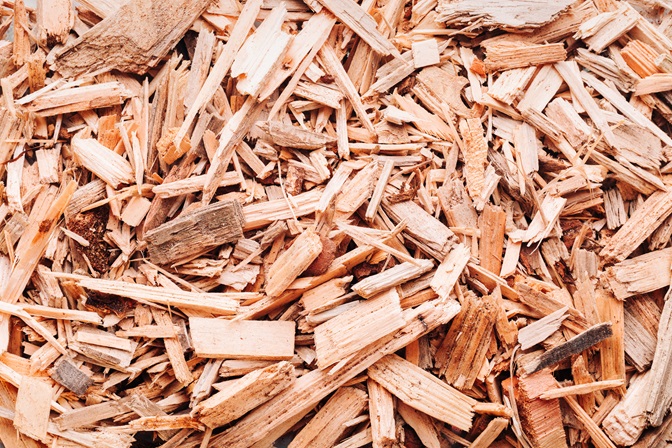

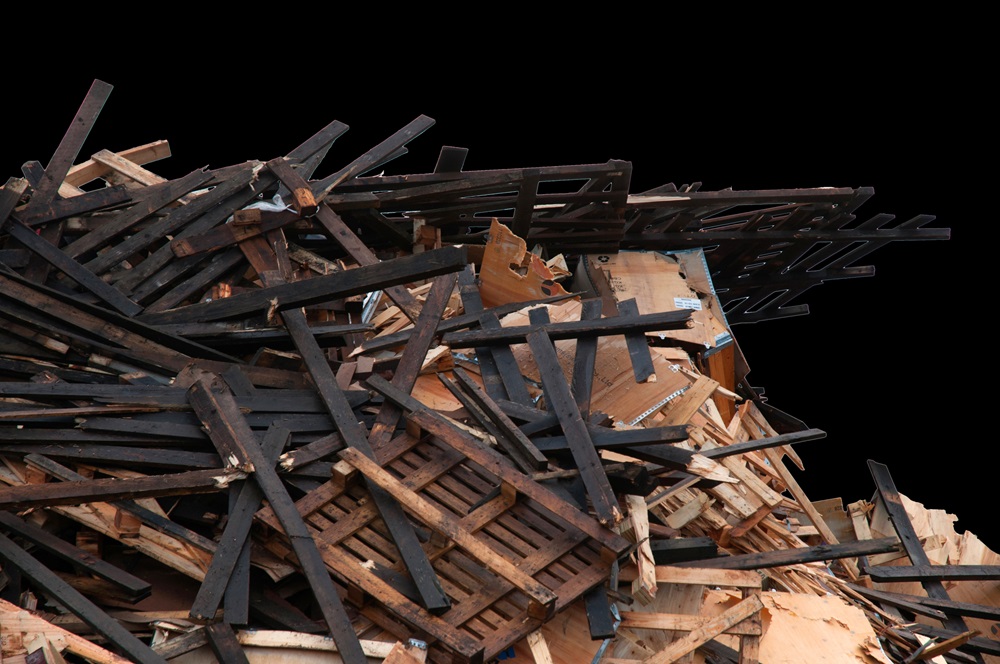
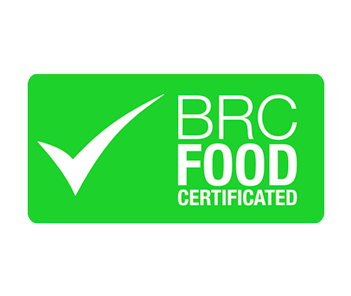

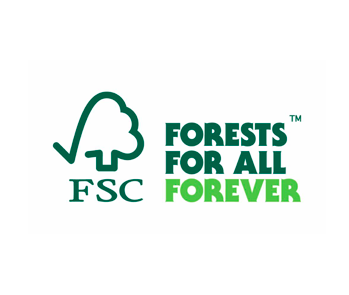
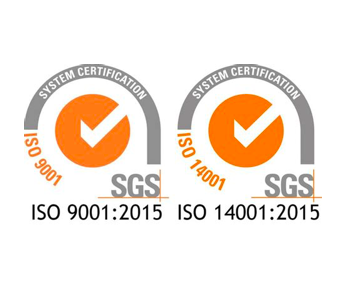
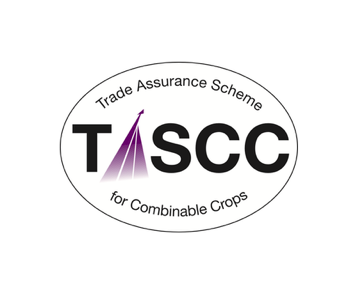
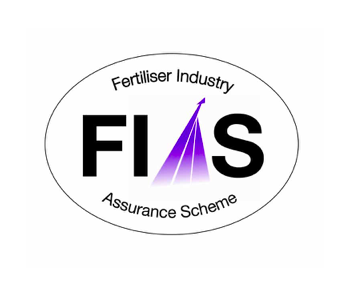
 Get Directions
Get Directions